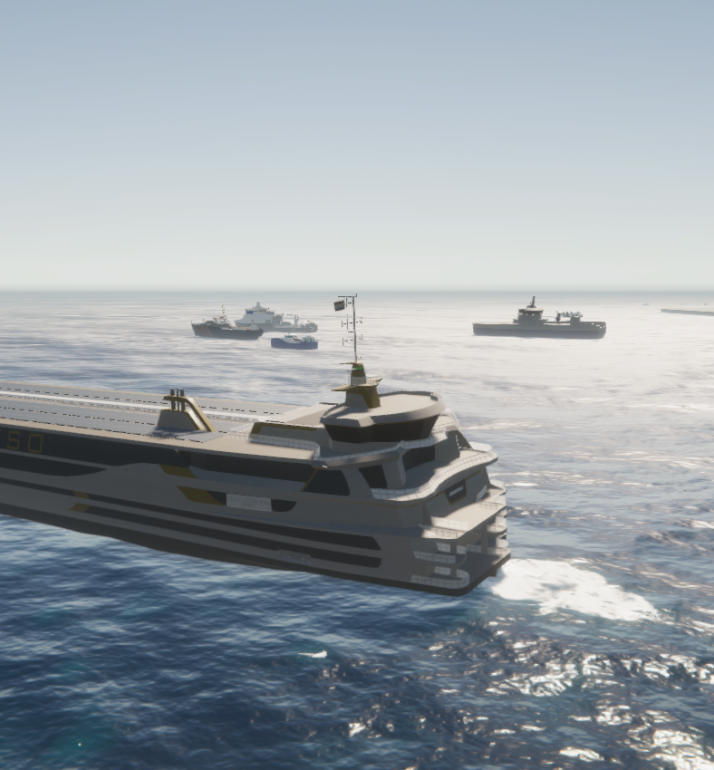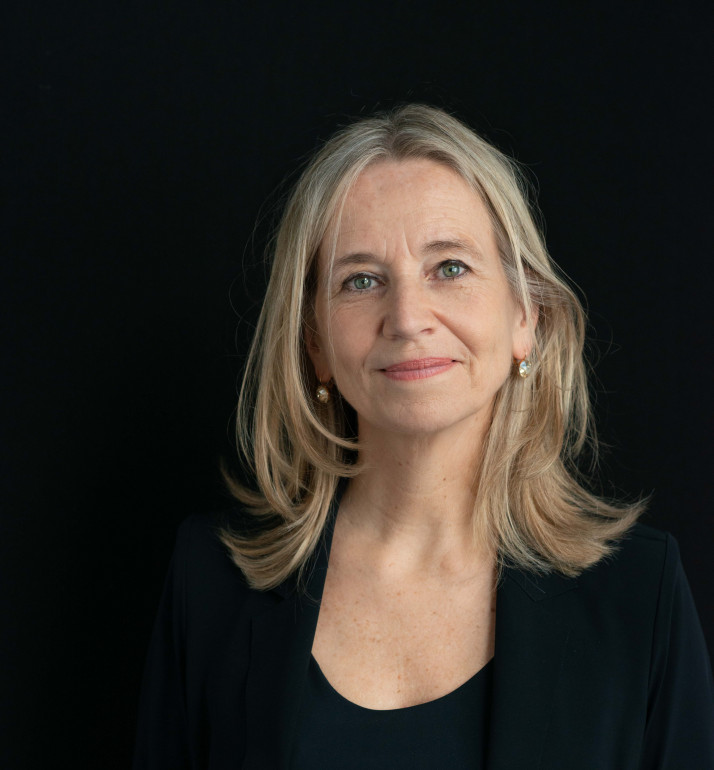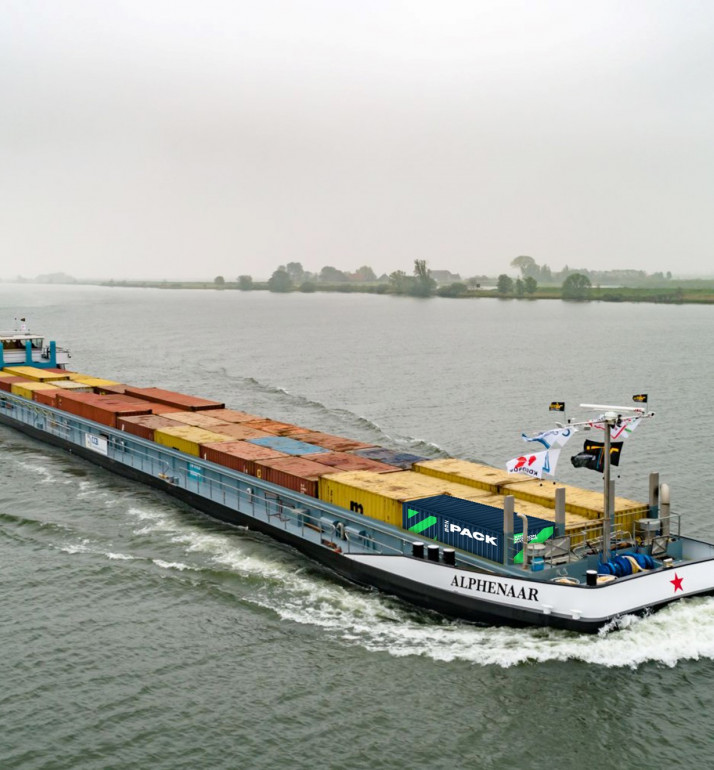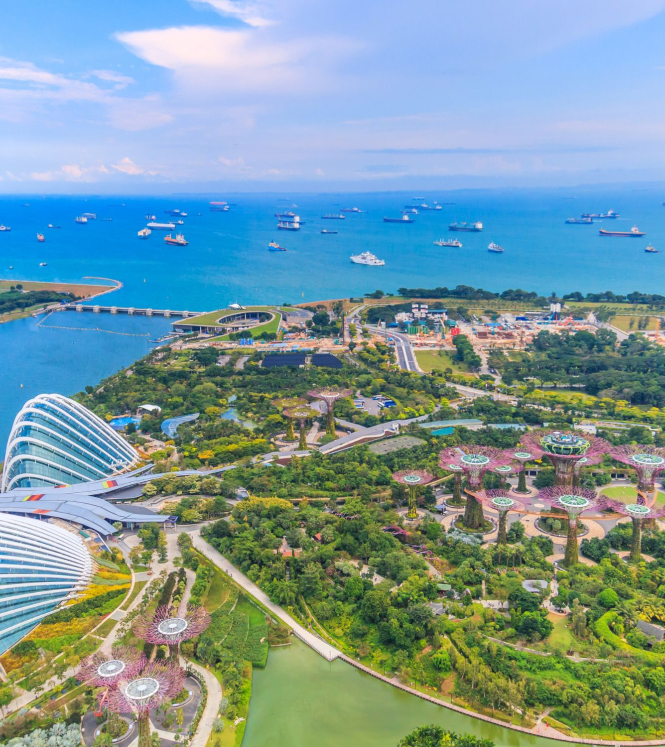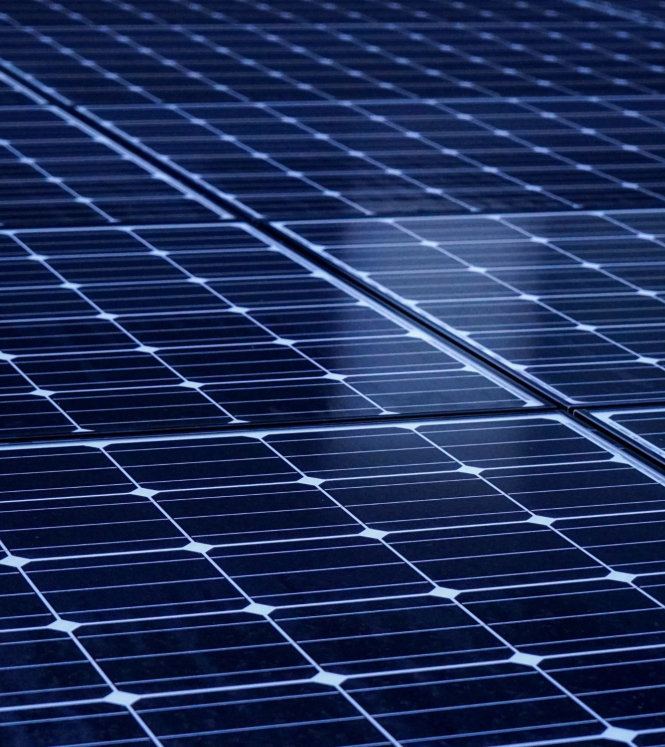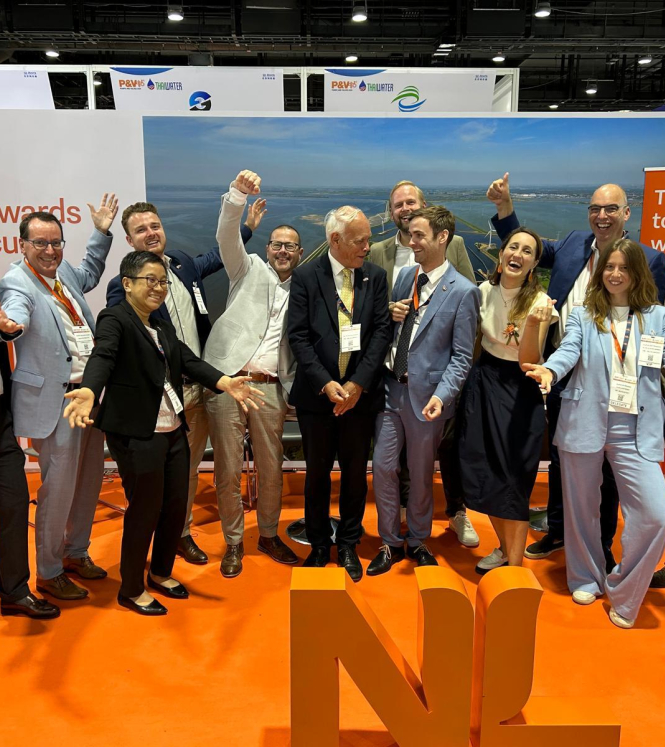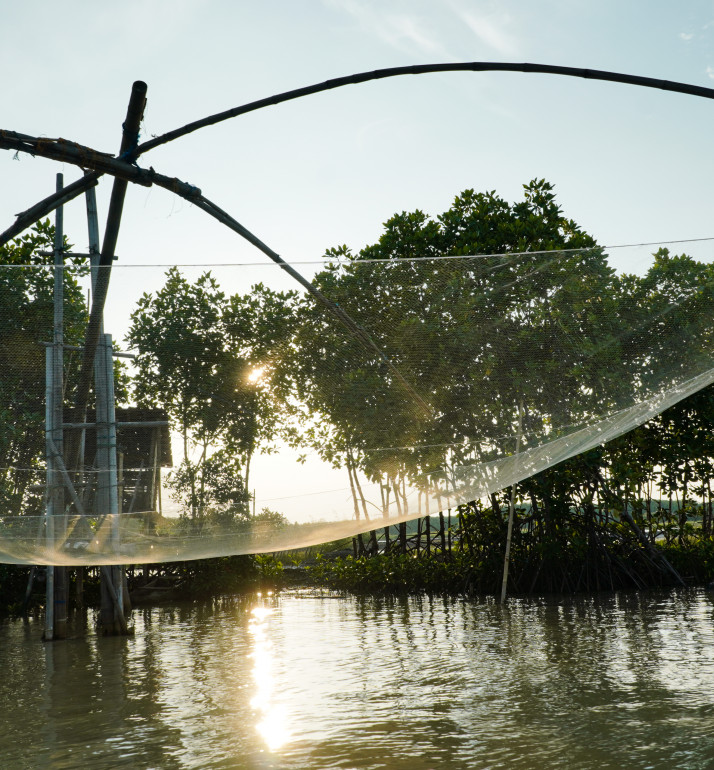
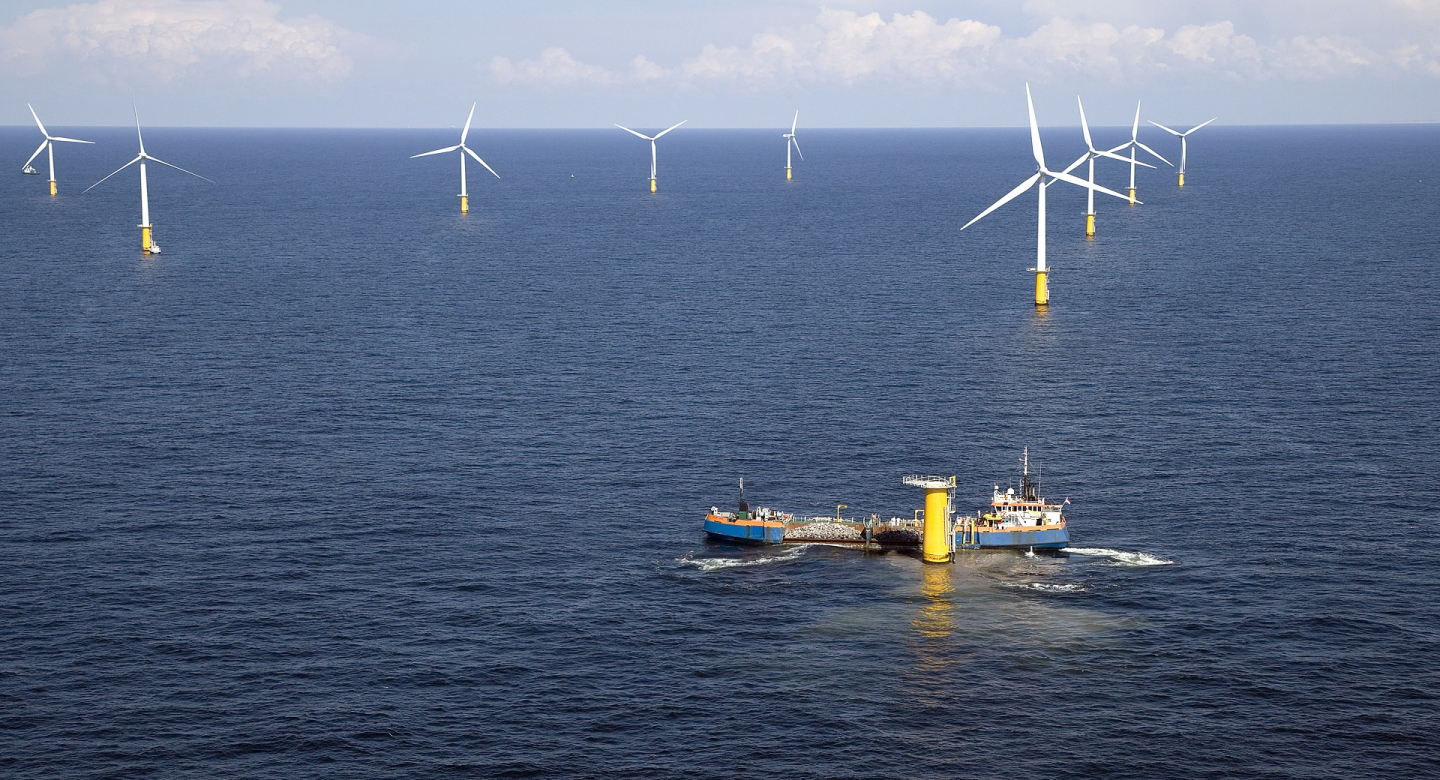
Maritime Masterplan boosted by Growth Fund
The Maritime Masterplan has been awarded 210 million euros from the National Growth Fund to accelerate the energy transition. The masterplan sets out a vision for smart and zero-emission shipping. This plan aims to cut greenhouse gas emissions in the maritime sector significantly.
In the plan, 40 climate-neutral demonstration ships will be commissioned, some of them by the Dutch government as launching customer. They will be fuelled by alternatives such as hydrogen, methanol or LNG with carbon capture. These ships will be used for coastal and inland shipping, hydraulic engineering, offshore wind and deployed for maritime safety, according to Dutch Maritime Network Nederland Maritiem Land.
This maritime network organisation was one of the initiators of the Maritime Masterplan in cooperation with the Dutch Ministries of Infrastructure and Water Management, Economic Affairs and Defence.
“Although this money will not fund the execution of the whole masterplan, we will be able to take huge steps to accelerate the development, construction and launch of reliable and competitive climate-neutral ships, so that we can become market leaders in the construction of zero-emission ships for various types of vessels,” says Rob Verkerk, chairperson of the NML foundation.
"We will be able to take huge steps to accelerate the development, construction and launch of reliable and competitive climate-neutral ships."
"At the same time, we are strengthening our international leading position. For our country, a strong maritime sector is indispensable for the major social challenges of our time, such as military security, energy security and keeping our feet dry. The Maritime Master Plan is a solid foundation for the sector agenda that we will present in October," says Marja van Bijsterveldt-Vliegenthart, special envoy for the maritime industry on behalf of the Ministry of Economic Affairs and Climate.
“Great news that the Maritime Masterplan can start! We are thus taking a major step towards making Dutch ships more sustainable.”
IMO geenhouse gas emission cuts
The decision came just ahead of the International Maritime Organisation Summit in London. The IMO is a UN agency charged with preventing shipping pollution. Delegates at the summit are holding preliminary talks to discuss moving its target to reduce emissions (compared to 2008) by half forward from 2050 to 2040. This is in preparation of next week’s IMO Marine Environment Protection Committee meeting.
If agreement is reached this will be a ground-breaking decision because 90 percent of all goods are currently shipped by sea, with 70 per cent as containerised cargo.
2030 tipping point
Even though shipping is relatively cleaner than other transport due to the sheer bulk of cargos, current fossil fuels used in shipping emit high levels of greenhouse gasses (GHG). Globally shipping accounts for 3 per cent of GHG. This is the equivalent to the carbon footprint of a middle-sized to large country.
The International Maritime Organization (IMO) predicts that shipping emissions under a business-as-usual scenario would increase between 50 per cent to 250 per cent by 2050. 2030 marks a climate tipping point for waterborne transport. In order to meet the 2050 targets, shipping fleets will have to replace sufficient numbers of fossil-fuelled vessels with zero-emission ones. Achieving the objectives of the Paris Agreement means ‘all hands on deck’. Decisions made in today’s boardrooms will have repercussions for decades to come, because a ship’s lifespan ranges from 15 to 30 years.
The extra funding and possible IMO decision to bring its targets forwards by ten years will help ship operators to make the required initial investments in emission-reducing technologies.
Zero-emission inland shipping
Already, Heineken is running electrified inland cargo ships to deliver beer using Wärtsilä Zero-Emission Shipping ZESpack containers. The Dutch brewers' drive to ‘Drop the C’ (carbon) in its transportation chain envisages recharging stations connecting the eastern city of Nijmegen on the German border to Amsterdam via the Amsterdam-Rhine canal and Rotterdam to Antwerp via a transborder corridor.
In its Green Deal the maritime transport sector in the Netherlands has set itself voluntary goals which go a step further than the IMO’s ambitions. As the Dutch maritime sector has already pledged to reduce CO2 emissions by 70 per cent by 2050.
